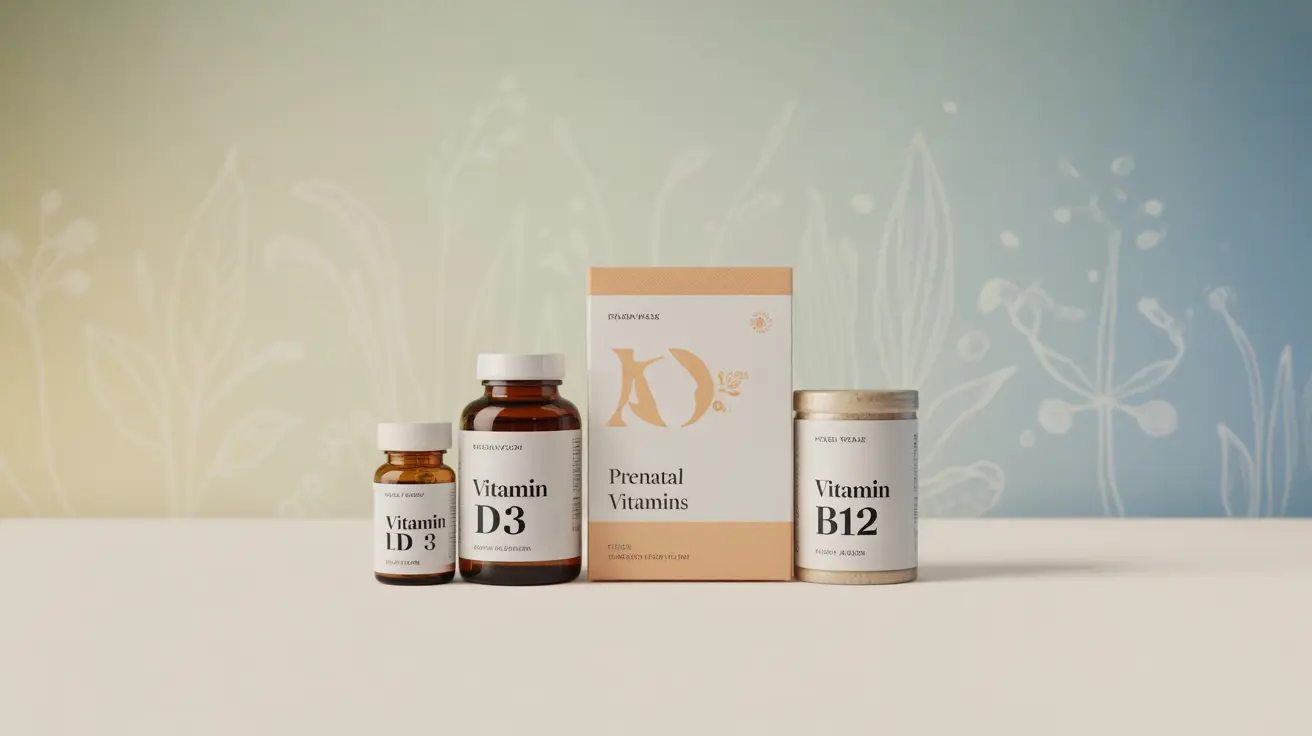Navigating the world of dietary supplements can feel overwhelming with countless options available on store shelves. Whether you're considering vitamins, minerals, or other supplements, it's crucial to understand which ones you actually need and which ones you can skip. This guide will help you make informed decisions about supplementation based on your specific health needs and circumstances.
While supplements can play an important role in addressing nutritional gaps, not everyone needs to take them. Your supplement needs depend on various factors, including your diet, lifestyle, health conditions, and life stage. Let's explore when supplements are necessary and when they might not be worth the investment.
Understanding Vitamin D Supplementation
Vitamin D supplementation is one of the most common and often necessary supplements, especially for people living in areas with limited sun exposure. If blood tests reveal a deficiency, your healthcare provider may recommend vitamin D supplements to maintain optimal levels.
The recommended daily allowance varies by age and condition, but typical supplementation ranges from 600 to 4,000 IU daily. People at higher risk for deficiency include:
- Those living in northern latitudes
- People with darker skin
- Older adults
- Individuals who spend limited time outdoors
- People with certain medical conditions affecting absorption
Prenatal Vitamins and Iron Requirements
Pregnancy creates increased nutritional demands that can be challenging to meet through diet alone. Prenatal vitamins are typically recommended before conception, throughout pregnancy, and during breastfeeding to support both maternal and fetal health.
Key nutrients in prenatal supplements include:
- Folic acid (400-800 mcg daily)
- Iron (27 mg daily during pregnancy)
- Calcium (1,000 mg daily)
- DHA (200-300 mg daily)
- Iodine (150 mcg daily)
Special Considerations for Vegetarians and Vegans
Plant-based diets can be incredibly healthy but may require specific supplementation to prevent nutritional deficiencies. Vitamin B12 is particularly crucial for vegetarians and vegans since it's primarily found in animal products.
Essential Supplements for Plant-Based Diets
Common supplements recommended for those following plant-based diets include:
- Vitamin B12 (2.4 mcg daily for adults)
- Iron (especially for menstruating women)
- Vitamin D (if limited sun exposure)
- Omega-3 fatty acids (from algae-based sources)
Supplements for Healthy Adults with Balanced Diets
For most healthy adults who consume a varied, nutrient-rich diet, comprehensive supplementation may not be necessary. However, certain situations might warrant targeted supplementation even with a balanced diet:
- Seasonal changes affecting vitamin D levels
- Increased physical activity
- Stress or sleep issues
- Age-related nutritional needs
- Specific health conditions
Risks and Precautions with Supplementation
Taking supplements without proper medical guidance can lead to potential risks and complications. Some supplements can interact with medications or cause adverse effects when taken in excessive amounts.
Common risks include:
- Iron overload leading to organ damage
- Excessive vitamin A causing toxicity
- Calcium supplements interfering with certain medications
- Vitamin K affecting blood-thinning medications
Frequently Asked Questions
What supplements should I take if I have a vitamin D deficiency? If you have a confirmed vitamin D deficiency, your healthcare provider will typically recommend a specific dosage based on your blood levels. Initial treatment might involve higher doses (2,000-4,000 IU daily) followed by a maintenance dose.
When do pregnant people need to take prenatal vitamins and iron supplements? Ideally, prenatal vitamins should be started at least three months before conception and continued throughout pregnancy and breastfeeding. Iron supplements are typically recommended during pregnancy when blood tests indicate low iron levels.
Should vegetarians and vegans take vitamin B12 supplements? Yes, vegetarians and especially vegans should take vitamin B12 supplements since this vital nutrient is primarily found in animal products. Regular B12 supplementation helps prevent deficiency and related health issues.
Can most healthy adults with a balanced diet skip multivitamins and other supplements? Yes, most healthy adults who maintain a varied, nutrient-rich diet can typically skip multivitamins and other supplements unless specifically recommended by their healthcare provider for a particular condition or deficiency.
What are the risks of taking iron or other supplements without medical advice? Taking supplements without medical supervision can lead to excessive intake, dangerous interactions with medications, and potential organ damage. Iron supplements, in particular, can cause serious problems if taken unnecessarily, including gastrointestinal issues and iron overload.




